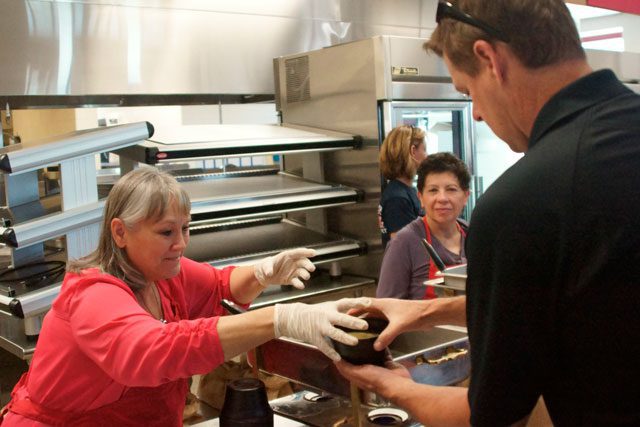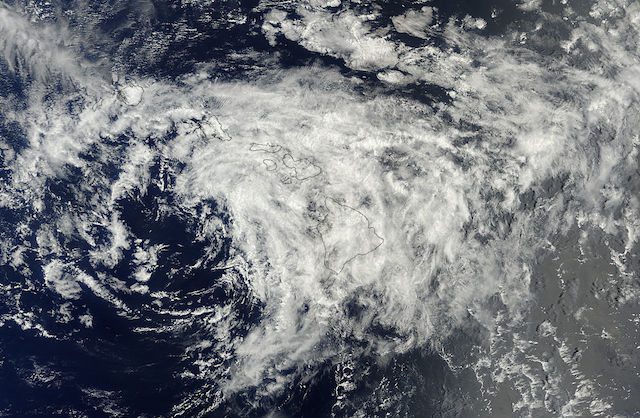Salvos Coffee works to decrease labor exploitation and increase sustainability.
By Faye Michelson –
Imagine coffee cherries grown without fertilizers or pesticides in the rich volcanic soil of Papua New Guinea’s (PNG) pristine Eastern Highlands and picked, pulped, washed and sorted by hand in remote villages, then dried in the sun for three days.
The Salvation Army works with coffee farmers and their families in this remote part of the world to ensure they receive a fair price for their harvest.

Soper’s job is to ensure the program is financially sustainable so that other aspects of The Salvation Army’s work with the farmers—such as health, hygiene, literacy, financial and agricultural education—can expand.
“Coffee growers who once would have had no other option but to sell their coffee for an unfair price at the roadside are now empowered,” Soper said. For instance, the program started a “passbook system” that releases profits to the growers when they want it until they have proper proof of identity or birth to open their first bank account.
Joseph Manase of the Kesawaka area wanted to become a pastor, but left school in fourth grade. When Salvos Coffee field officers went to his village they talked to him about resuming his education and showed him how to save money for school fees. He now attends high school with the money earned by his wife, who continues to work with Salvos Coffee in their village and also sends their children to school.
When the Ivoti people sold their coffee at a higher price than they expected they used the profit to buy roofing iron, coffee pulping machines and gardening tools. The Salvos Coffee team took them to a warehouse to buy the goods and helped arrange transportation of the equipment.
The program works through a cluster system centered around local Salvation Army churches in each participating village.
“That’s very important; The Salvation Army is respected and trusted, and people understand we are there to help bring opportunity and fairness,” Soper said. “Community endorsement is vital for this project to succeed. We work to establish a rapport with the village headman and growers, because without that we can’t make headway.”
Salvos Coffee faces many community challenges, including domestic and family violence, so in addition to economics, the program also addresses resolving conflict and managing anger.
Soper divides his time between Sydney and PNG, a country that spans “tropical island to mountainous highlands.”
“One of the tough things, though, is living between a world of excess in Australia and extreme need in PNG,” he said. “We face many challenges—the ruggedness and the remoteness, and the cost of transportation.”
Yet he said he finds reward in helping people in need. “It’s also important for me to be able to share with people in Australia—and my four young children—how well off we are and what we are doing in PNG to make a real and sustainable difference,” he said.
The Church Partnership Program provided funding to sustain Salvos Coffee for many years, and now the program must be self-sustaining. As Soper said, “Your purchase of our coffee helps fund a dedicated team in PNG to provide much-needed support services for remote, marginalized coffee growers and their families.”
See more at salvos.org.au/coffee.














